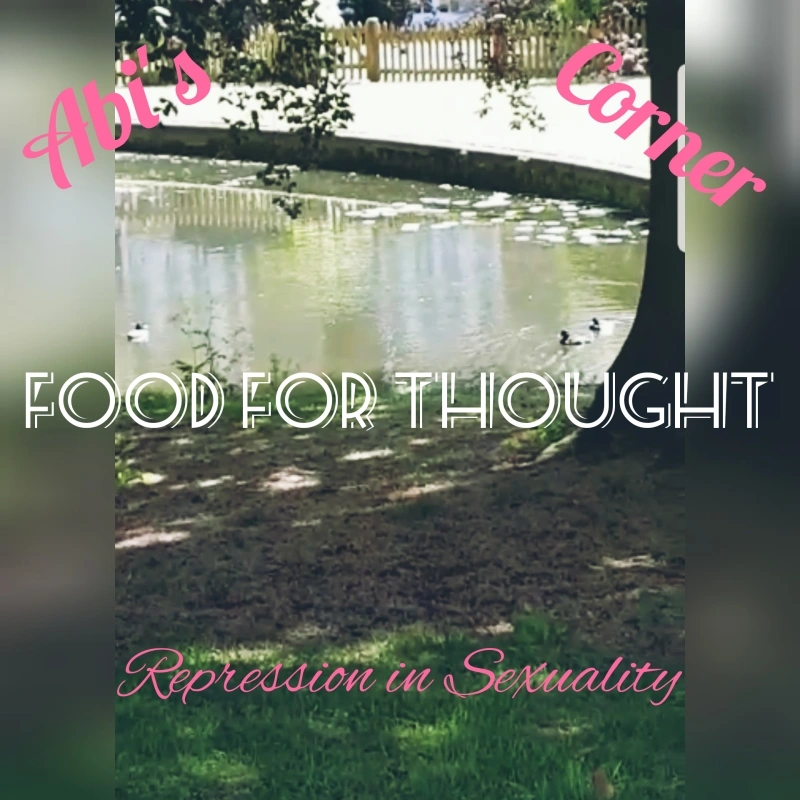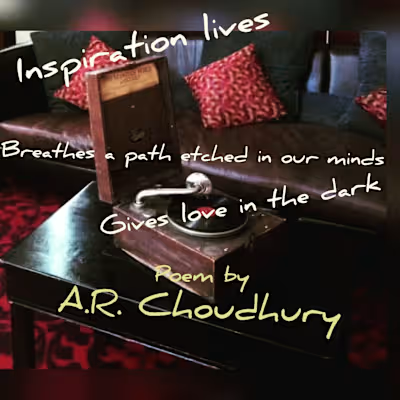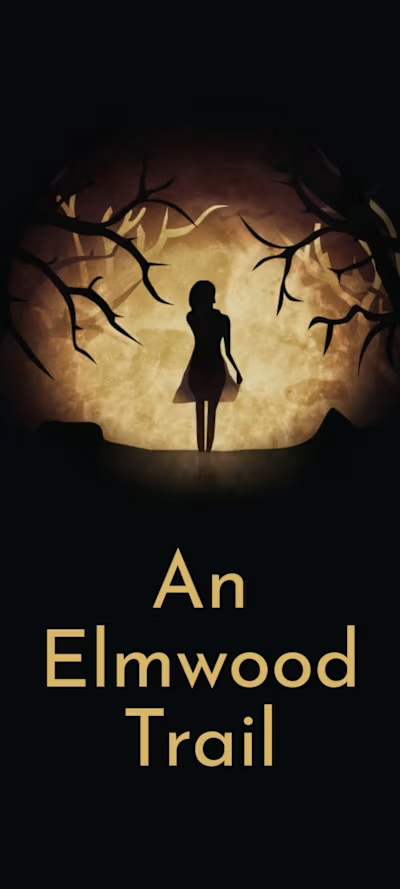Repression in Sexuality.
Like this project
Posted Jul 31, 2024
This piece I'll be contributing to Amaliah.com. The site involves life and movement as a Muslim woman with an array of fashion, makeup, love to geopolitics, …
Likes
0
Views
17

This piece I’ll be contributing to Amaliah.com. The site involves life and movement as a Muslim woman with an array of fashion, makeup, love to geopolitics, identity. Do check it out, it’s an eye-opener and a lovely one at that!
* * *
Sisterhood, the umbrella term that combines us Muslimahs into a female community of mothers, daughters, aunts, nieces and sisters. We share the little things like food, thoughts, trust. And the big things like companionship, love and prayers. And then there’s the events, the get-togethers built to discuss our lives as Muslims and how we strive to be the best in Taqwa and the best in character and behaviour.
Back in mid August 2017, there was an event exhibition Glory in Dishonour hosted by a twenty-something creative, Najwa Umran, starring some known and otherwise unknown aspiring female Muslim artists in poetry, political discussion and the spoken word. As usual as they come, I thought, an enlightening but ordinary concept. But then the peculiar emerged and, not that this was hidden at all, as the poster did indicate the highlighted topics would be sisterhood and sexuality. I can certainly say from the looks of the audience we’ve got something different. If you haven’t already, I encourage you to give them a little Google. Whether that tickles your fancy or not I’ll leave that to you to decide.
I couldn’t say I wasn’t a little surprised, often with my quirky, awkward personality I find little surprise in others and more in myself. And its not as if the title of the event pointed to the throwing of titillating anecdotes and giggling namedrops of sexual organs. But the purpose of the event was ever-present throughout. From my conclusion I drew upon the thoughts of the how.
How did females lose so much voice and control of our bodies to men?
Why were we reduced to the notion that covering up meant hiding ourselves from the world?
Were we not of the same cloth of women, who were the counterparts in the formation of the religion, the scholars, the teachers, the mothers?
Within the educated ping-pong of speech amongst the excited audience and guest speakers, three main issues resonated to me. And taking in the laminated casings of poetry alongside the portraits of artist’s renderings of the female genitalia, three words echoed. And these words were can’t, won’t and should, and I very much liken that to the past, present and future respectively.
So here’s my food for thought:
Visualise the world of the Wild Pigeon by Nurmuhammet Yasin. A book that is a parable of a blue pigeon king captured and imprisoned by birds of another colour. And, rather than remaining imprisoned forever, the bird chooses death as a freedom. This book had been under censorship and worst had been the fate of the author who was later imprisoned for inciting separatism. And if you haven’t read this already, give your mind a treat. But here we take the understanding of the can’t. Yasin had, despite his impending arrest, created a piece that would bring freedom to his thoughts even with the lingering doom of punishment because to him it was a necessity and to the world it was an action noted. Demonstrating the oppression of the government against the Uyghur community. (Reference: Yasin, N, 2004, Wild Pigeon, Kashgar Literature Journal, China.)
The generation today won’t discuss sexuality amongst ourselves even within families.
Why is the choice of vocalising subjects that delve further into our bodies after puberty other than our menstrual cycle such a perceived impossibility? And what makes it so wrong or impure to do so?
There doesn’t seem to be any written rules on this. And that’s where the problem lies, in the conventions, in the unwritten rules of culture and tradition. It is almost as if we deem that this is a problem for future generations. That this is something they should do in terms of rectifying their previous generations unwillingness to address the issues at hand. In this we see the mental confines of our womanhood, the repression of our identities. And the question is why?
It comes to my attention that we do not ‘talk about such things’ because that phrase had been said before by older generations. It is a recycled phrase that has not been broken and would continue to be unbroken if our blame of our conservativeness lies on the older generations. Think about it, our elders were once young and once had rebellious tendencies. To blame them is to think they are no longer here to correct their perhaps traditional conservative thoughts on what I woman should and shouldn’t do let alone say. They are here, readers, and they are experiencing a new era of digital and modern multiculturalism with us. And, we have to face the facts, we are borrowing from each other.
Would the opposite of repression make us scandalous, and how much of what we say is safe?
I can’t pretend to know the answers to these questions until we all ask ourselves these very things and find the solution.. Already with up and coming sites like Amaliah.com however, can we see movement. Even though we have freedom as opposed to what our sisters have in oppressed countries, sites like these are giving us more, and giving us a platform to speak it. But I see a cycle nonetheless, we will eventually become an older generation and regardless of age, our minds will remain sponges, absorbing knowledge from elders and youths and modern cultural development.
The questions to ponder is then,
Is censorship of female sexuality simply embedded in the patriarchal notion of control that leaves us sisters little to no choice of expression, the can’t?
Is it a simple rectification to leave the answers to future generations of Muslimahs when we have the prevalent thoughts of it anyway and possible means of a gradual solution, the should and won’t?
Are we censoring ourselves with the illusion that we have no power?
How much of it is mental and how much of it is real?
My short poem of the day:
We say things we don’t mean
To hide what our bodies say.
Secret regrets.
So move, create, be the action
And we just might be free.
A.R. Choudhury
Find more posts on my blog! https://archoudhury1.wordpress.com/2018/06/22/another-blog-post-three/





